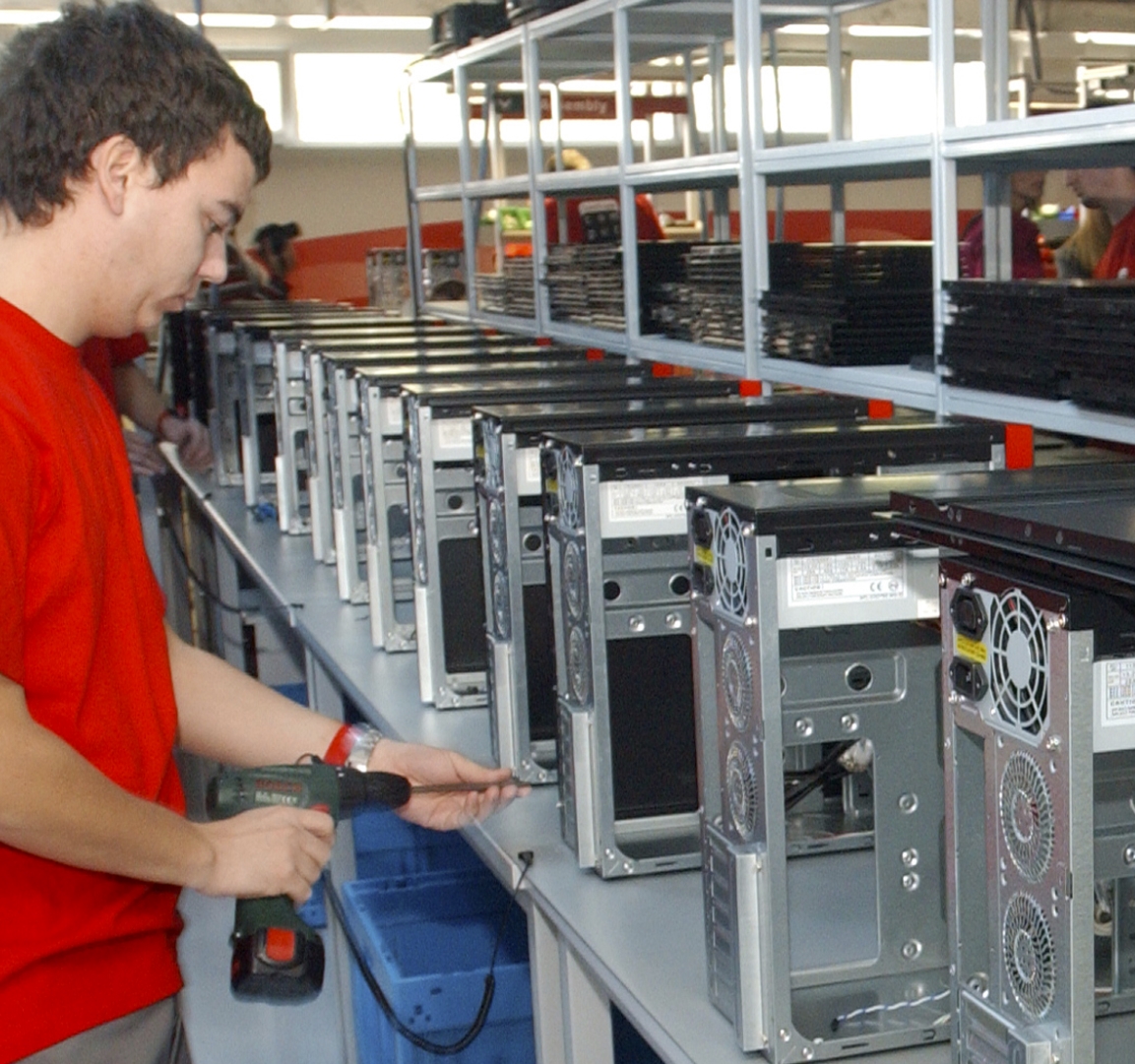
Linux Mint 17 OEM images released to manufacturers
In a perfect world, every computer manufacturer would let you choose the pre-installed operating system. Sadly, this is not the case. A trip to Best Buy will reveal many computers with Windows as the only option. Sure, there are Macs and Chromebooks to choose from too, but you can't walk up to the one of your choosing and dictate the OS you want. In other words, if you see a beautiful Sony laptop, you can't choose to have Linux pre-installed by the manufacturer.
There is nothing wrong with Windows, quite the opposite; the operating system is exceptional. However, consumers like choice and offering Linux distributions as an option would be a huge win. Today, the Linux Mint team releases special ISO images designed for manufacturers.
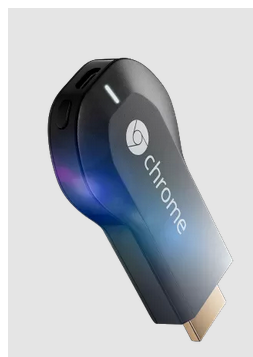
VLC reveals it is working on Chromecast support for iOS, Windows, Linux and Mac
Most everyone, at least the tech-savvy who read this, are familiar with VLC Player -- the Video LAN Client. It's a jack-of-all trades media player, that is capable of handling pretty much any format you can throw at it, no matter how obscure it may be.
Now the developers of the project are revealing one more feature that is on the roadmap -- support for Chromecast. The question was asked on the forums and lead developer Felix Paul Kuehne responded that support was in the works. "Yep, this is exactly what we are up to", he states.
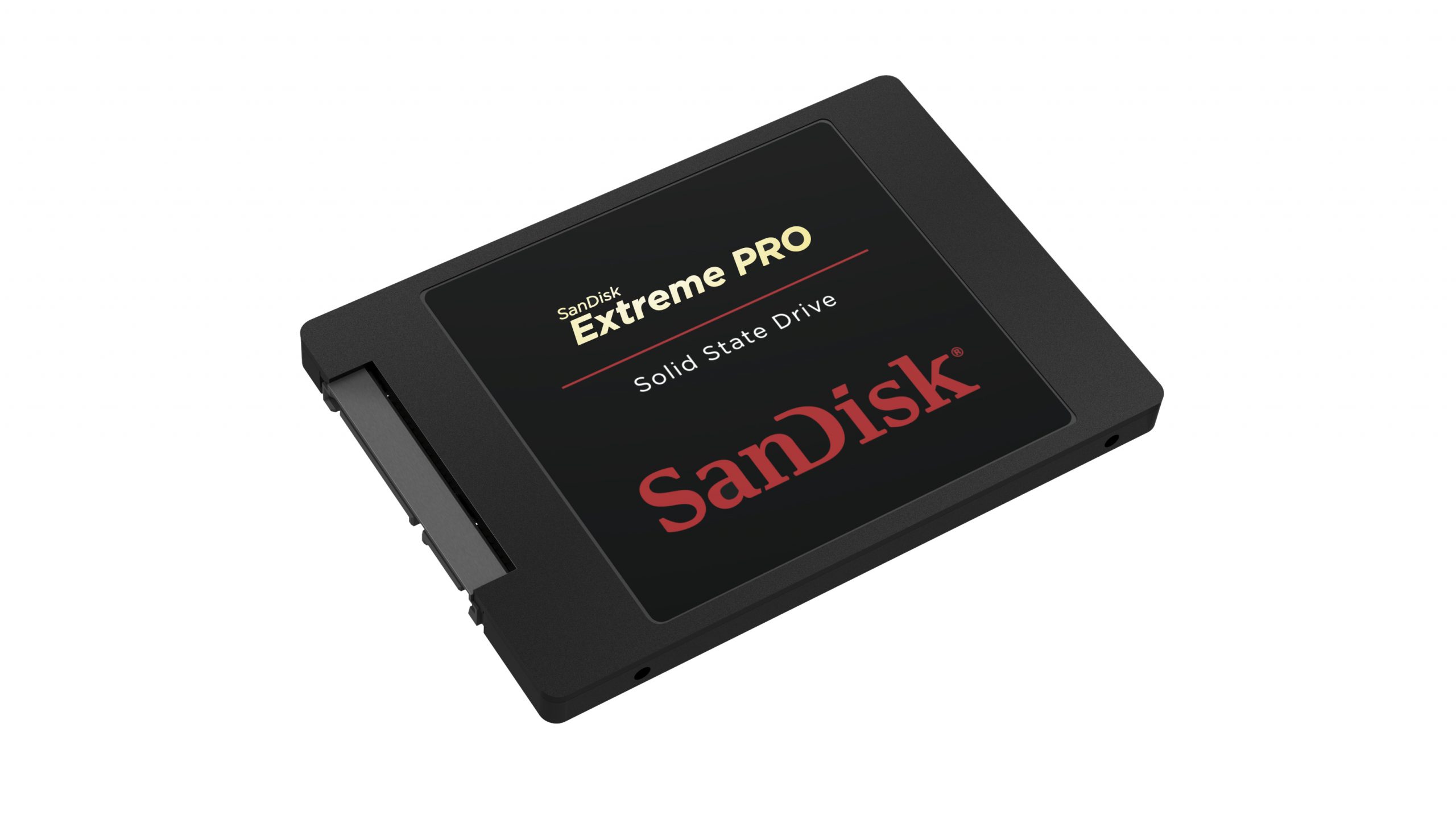
SanDisk hopes to win the hearts (and wallets) of gamers with Extreme PRO SSD
Believe it or not, system builders are a diverse set. Some people focus on looks, others on performance and some on value. However, gamers are typically the ones that push the boundaries with performance and high-costs when building rigs. While some people will write-off video games as a silly time waster, they are actually a vital driver of personal computing innovation. Hell, it is also good financially for the hardware business -- new games need better hardware and gamers are willing to pay to play.
Beyond expensive video cards and overclocked CPUs and RAM, gamers are constantly looking for a way to gain an edge. Anything that can make a game load faster, even by seconds, is extremely attractive to them. Today, SanDisk announces the Extreme PRO SSD -- a storage solution for gamers that want to utilize SATA III rather than much costlier options. PlayStation 4 owners will want to take notice too.

Linux Mint 17 'Qiana' is here -- get it now!
Ah Linux, we meet again. I am on a perpetual journey to find the perfect Linux distro. Sadly, I am finding it not to be elusive, but downright non-existent. You see, operating systems based on the open-source kernel are very fragmented in experience. It is hard for the stars to align and have everything you want be represented. Maybe you like the available environments for a distro, but hate the package manager. Or maybe you love the community support, but find the release schedule too slow.
While not perfect, Linux Mint is what I have found to be the best choice for many, including myself. It is based on Ubuntu, so it has the awesome APT package manager, while also supporting Cinnamon, Mate and other environments. The tweaks and polish that the Mint team delivers makes it a robust and familiar experience. Well, fire up your torrent and ISO writing software and grab your nearest blank DVD or flash drive -- Linux Mint 17 is finally here!

China bans Windows 8 from government PCs with twisted logic, and embraces Linux
Microsoft may have been granted permission to launch its Xbox One console in China in September, but a decision by the Chinese government could impact severely on sales of Windows 8. China's official state news agency, Xinhua reports that the latest version of Microsoft's operating system will be banned from governmental computers, although there are to be no restrictions placed on home computers. The reason for the ban on Windows 8? Well it's not quite clear, but it's put down to something to do with energy-saving -- although this seems unlikely.
The website of China's Central Government Procurement Center posted an 'Important Notice' entitled, catchily, "Agreement to supply information about the class of energy-saving products complement the mandatory tender notice". A list of criteria then follows including, at number 5 "all computer products are not allowed to install Windows 8 operating system". This is slightly at odds with the news agency's suggestion -- the official news agency, remember -- that Windows 8 is being banned from new government PCs in "a move to ensure computer security after the shutdown of Windows XP".
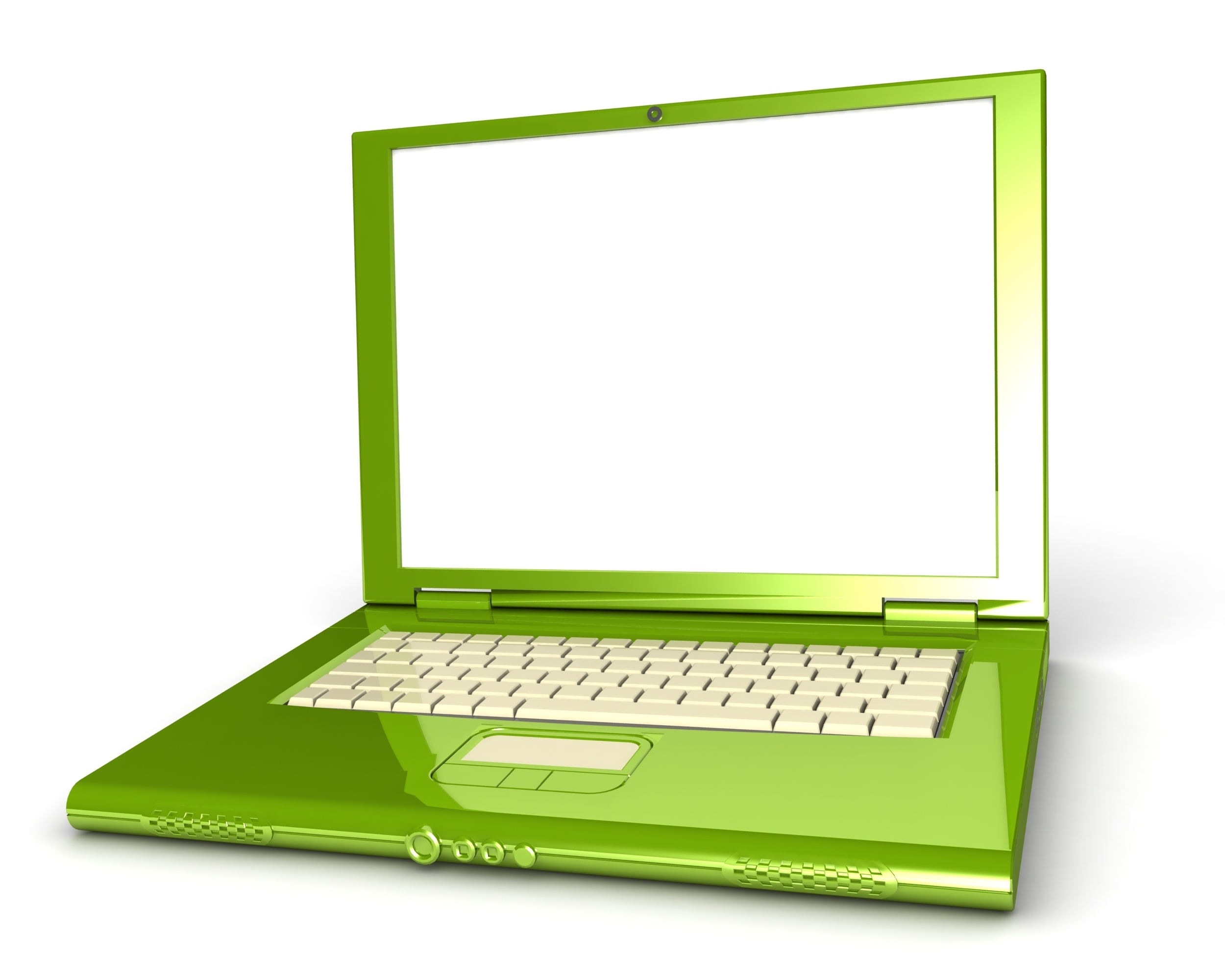
Linux Mint 17 Cinnamon 'Qiana' reaches RC status -- download it now!
Linux Mint is a curious operating system. As great as it is, it is based on Ubuntu, which means Mint is always playing catch-up. This isn't necessarily bad for people who want stability, but for the bleeding-edgers, it can be a pain-point. In other words, the moment Ubuntu 14.04 was released, some Mint users began begging for an update. The Mint team can't really get going until Canonical releases its update first.
Keeping up with the Joneses aside, Linux Mint is a wonderful operating system -- particularly the Cinnamon variant. It is stable, pretty and easy to use. Today, the Mint team announces that version 17 of the OS reaches RC status.
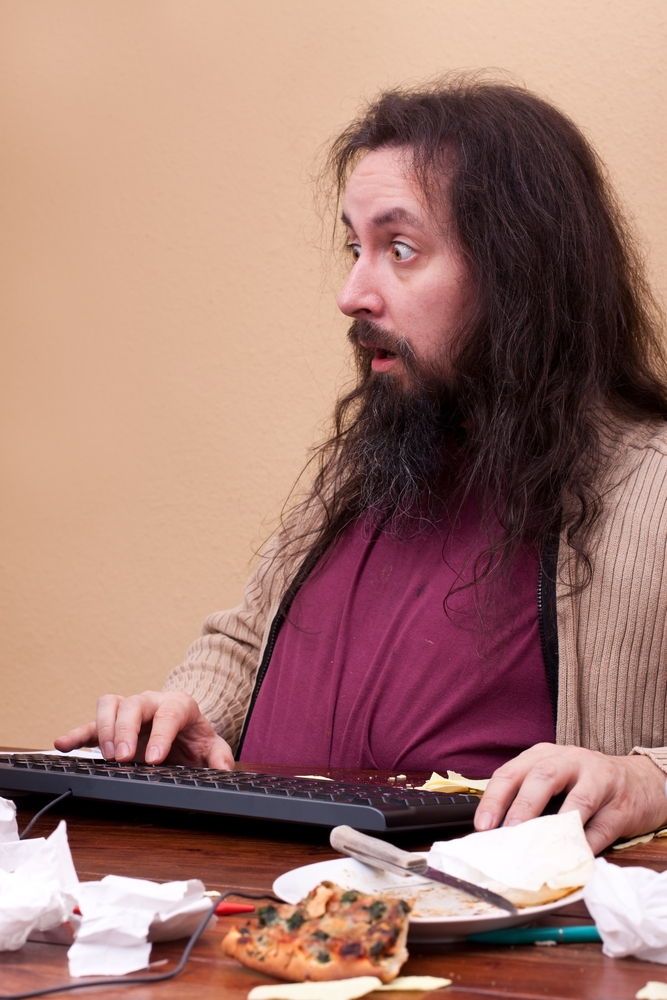
Linux environment KDE releases first beta of Plasma Next
If you have a decent computer and you are interested in dabbling in Linux, KDE is where you might want to start. You see, there are many desktop environments for Linux, but Windows users would probably feel most comfortable in KDE -- it resembles what they are used to, with things like a start button and menu.
Beginners aside, advanced Linux geeks use KDE too -- it is powerful, beautiful and well designed. Today, KDE releases the first beta of Plasma Next and is looking for testers and feedback.

Weapon up! Unreal Tournament to return as free, crowd-sourced game
Remember Unreal Tournament? Remember the hours (days?) you invested in it? Well, it's back! Or at least it will be soon… It's a game that we've heard nothing of for some time now, but Epic is wheeling out the classic title for a new airing. This time around, the gaming community is being called upon to contribute. In a post on the Unreal Engine Blog, Steve Polge says, "work on the future of Unreal Tournament begins today, and we're happy to announce that we're going to do this together, with you".
What does all of this mean? To cut to the chase, a new version of Unreal Tournament is, as of right now, being developed. Yippee! The UT community is a passionate one, and the new project is going to take full advantage of this. This is a collaborative project and the finished product will call upon the input of fans, Unreal Engine 4 developers, and Epic. If you fancy getting involved -- be it to contribute code, artwork, or just ideas -- you are free to do so.

Linux desktop environment LXQt achieves first release
Besides being stable and versatile, Linux-based operating systems are very customizable too. You see, most distributions allow you to customize the UI by selecting different environments. While GNOME, KDE and Unity are a few of the popular environments, there are many others as well.
Two such less-known, but well-respected environments are LXDE and Razor-qt. Surprisingly, last year, the projects decided to merge. It makes sense, as they both share the focus of being lightweight and functional. Today, the fruition of their merger goes public -- LXQt 0.7.0.

VLC Mobile Remote for Windows Phone: Controlling the media player on Windows, OS X, Linux
Using a Windows Phone with a Mac is not an ideal combination in cases when I want to use the smartphone to remotely control the computer. That is because the type of apps I want to use -- like PC Remote, which offers dedicated buttons to automate certain tasks -- only work with Windows-based devices.
The compatible Windows Phone Store app selection is comprised of tools that require gestures to move the mouse cursor to, for instance, stop media playback. So when I want to pause a movie playing in VLC, I have to swipe my finger across the screen of my Windows Phone. At night, it seems easier to get out of bed. This is where VLC Mobile Remote comes in handy.

Ubuntu Membership Board looking for nominees -- could you be one?
Linux is great for a litany of reasons, but one of my favorites is the sense of community that its users and developers share. I respect Windows and OS X, but lets be honest, neither Apple nor Microsoft have a sincere communal offering for its users. Many Linux distributions give users a chance to participate, which is very refreshing.
Ubuntu is a great example of this. In addition to being one of the most popular and easy to use Linux-based operating systems, its community is top-notch too. Today, the Ubuntu Membership Board announces that it is looking for fresh nominees to join the board. Could you be one?

Ubuntu 14.04 LTS is here -- Linux fans, download it now!
Ubuntu is arguably the best Linux-based operating system for home users. Sure, some people may prefer Fedora, Arch, or SUSE, but none of them can match the ease of use of Ubuntu. The wonderful thing is, not only is it a great OS for beginners and home users, but power users too. It can meet the needs of many, and meet those needs well.
The holy grail of Ubuntu releases is the LTS, or Long Term Support. You see, not only is it a modern release, but it will be supported for a mind-boggling 5 years. This makes it ideal for people that favor stability and dependability over bleeding-edge. Today, Canonical releases version 14.04 of Ubuntu, named Trusty Tahr and it is LTS.

Linux powers CERN -- organization deploys Red Hat technologies
My knowledge of atomic science and particle physics could fit in a thimble. However, as a result of various news reports over the years, I am aware of the Large Hadron Collider and the work being done at CERN with it -- exciting stuff.
The experiments conducted at CERN, including the ones involving the Large Hadron Collider, are very complicated and require specific measurements and execution. And so, the software that the organization chooses for its computers must be very dependable. Which is why CERN has selected Red Hat Enterprise Linux and other Red Hat solutions for its computers. This is a huge win for Red Hat and the Linux community overall.

Microsoft: Azure? Windows? Heartbleed? No way, maybe if you're using Linux
You will have heard by now that a major vulnerability in the OpenSSL library was just made public. Called Heartbleed, it affects the security of a huge number of cloud services and sites as well as various products, like operating systems and apps, which have employed it during the past two years. The impact can be devastating, as there is no way of telling if Heartbleed was exploited, or how much data may have been stolen so far.
A number of companies have already announced the patching of their OpenSSL-toting services and products. Google was among the first to do so, yesterday. Evernote, however, just revealed that its users are not affected. Microsoft has also decided to shed light on whether Heartbleed impacts its users, saying that Windows Azure, Microsoft account, and Windows are immune.

OpenSSL flaw unlocks the internet's 'crown jewels'
If all of your system adminstrator friends are looking worried today it isn't the usual post Patch Tuesday blues, it's because of a bug in something that you may never have heard of, but which almost certainly affects your everyday use of the web.
OpenSSL is a cryptographic library that is used to secure large chunks of the internet. If you use sites or apps that send and receive encrypted data then it’s very likely they use OpenSSL to do it. It's used by open source web servers like Apache as well as by mail protocols including SMTP, POP and IMAP.
